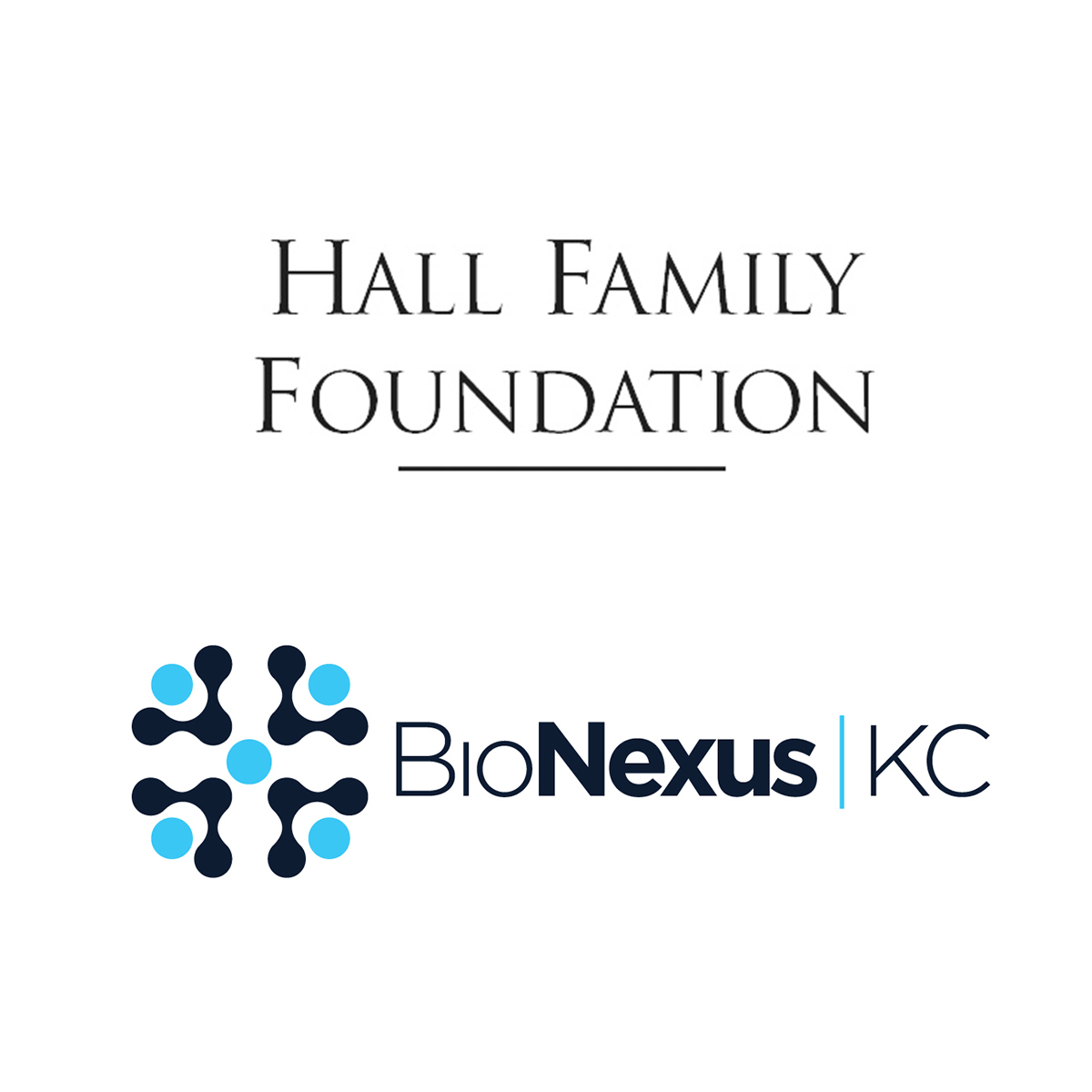
KANSAS CITY, MO. – BioNexus KC and the Hall Family Foundation have awarded the 2018 Nexus of Human and Animal Health Research Grants. Four local researchers were selected to each receive $50,000 to further the Path to 2025 regional vision: “Kansas City is a global leader at the nexus of human and animal health benefitting all our citizens and the economy.”
“Funding from the Hall Family Foundation is supporting innovative programs in the greater Kansas City region,” said Dr. Keith Gary, Vice President of BioNexus KC. “Their investment leverages our region’s significant strength in human and animal medicine advancing new technologies and treatments at the nexus or intersection of diseases affecting both people and animals.”
Below are this year’s grant recipients and a brief description of their research projects.
Effects of Probiotics on the Intestinal Microbiome and Inflammatory Response to Infection by Bacteremia-Producing Escherichia coli (E. coli)
E. coli can cause invasive, life-threatening diseases due to its ability to pass across intestinal barriers and enter the bloodstream. E. coli is a leading cause of infections in newborn infants and animals such as dogs and cats. Dr. Susana Chavez-Bueno, Children’s Mercy, studies how probiotics work to protect gut-derived E. coli infections in humans and animals. Specifically, her team will use a rodent model to determine how the probiotics change the intestinal microbiome and the intestinal inflammatory response to E. coli infection. Probiotics represent an effective, non-antibiotic approach to prevent severe infections and this study will guide the design of better probiotic-based therapies providing greater health benefits for humans and animals than those currently available.
Assess the Efficacy of Therapeutic Antibodies in a Swine-Based Model
Dr. Yan-Jang Huang from Kansas State University will use the grant funds to research treatments for Japanese encephalitis virus (JEV). JEV is endemic in the Asia-Pacific region and poses significant threats to animal and human health. The long-term goal of his study is to develop antiviral treatments and vaccines against JEV and other emerging and re-emerging zoonotic viruses. In this study, biologically relevant and cost-effective swine models, which resemble JEV infections in humans, will be used to demonstrate the effectiveness of therapeutic antibodies. The results of this study will be used as preliminary data for future studies developing antibody-based treatments targeting swine zoonotic viruses. The project represents a multi-institutional collaboration between Kansas State University, the University of Kansas, and Washington University in St. Louis.
Development of Cancer Vaccines Using Dogs as a Translational Model
Cancer is analogous to an infection with a patient’s mutated cells acting as the pathogen. pathogen. Dr. Laird Forrest from the University of Kansas along with Dr. Raelene Wouda at Kansas State Veterinary Health Center will focus their research on creating a “universal” cancer vaccination approach by overcoming two fundamental stumbling blocks to immunotherapy. The first barrier to overcome is the weak immune response of tumors. The second barrier is the environment created by tumors that reduces the efficacy of the immune system.
Completion of this study will provide new insights into overcoming immunosuppression in cancer using immune activating agents combined with chemotherapy. This work could result in treatment breakthroughs for both humans and companion animals.
Poly(amino acid) Amphiphile Nanoparticles for Improved Hematological Cancer Treatment
Despite numerous treatment advances, canine and human patients suffering from hematological cancers, especially diffuse large B cell lymphoma (DLBCL), continue be high-risk with poor prognostic outlooks. Cancers of this type cause the deaths of more than 58,000 Americans and countless canine patients annually. Dr. Mark Daniels at the University of Missouri has discovered a novel protein segment named the POSH inhibitor which is high effective against hematological cancer. Dr. Bret Ulery is leveraging this discovery through the design of a special delivery vehicle which can deliver POSH inhibitor inside cancer cells which is believed to enhance drug efficacy leading to a novel treatment for these types of cancers.
The overall research goal is to make the treatment available for both human and canine patients suffering from hematological cancers within the next 4 – 7 years.
Information about the Nexus Grants, including eligibility, review criteria and application procedures, can be found on the BioNexus KC website.
###
About Hall Family Foundation:
The Hall Family Foundation is a private philanthropic organization dedicated to enhancing the quality of human life. Programs that enrich the community, help people and promote excellence are considered to be of prime importance. The Foundation views its primary function as that of a catalyst. It seeks to be responsive to programs that are innovative, yet strive to create permanent solutions to community needs in the Greater Kansas City area.
About BioNexus KC:
Through its Research Development Grants program, BioNexus KC manages a variety of individual grants for area corporations and trusts, helping them identify proposals with the best scientific, medical and technical merit. Research grants are awarded to generate initial results and stimulate the submission of major multidisciplinary research proposals to government or private agencies. BioNexus KC’s Research Development Grants program includes proposal review, evaluation by subject matter experts, written reviews for all applicants, and post-award management. The research grant program has historically provided over a 9:1 return on investment, so for every dollar invested in a grant, over $9 is returned from federal funding sources to the investigator, the institution and the community.
Media Inquiries:
BioNexus KC – Vice President
Dr. Keith Gary
kgary@bionexuskc.org
816-753-7700
BioNexus KC – Communications and Events Manager
Shaylee Yount
syount@bionexuskc.org
816-753-7700